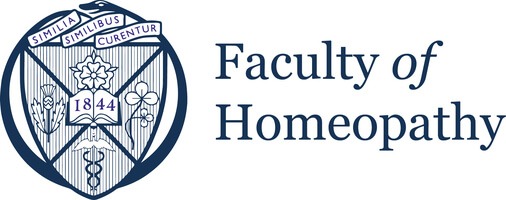Minerals are inorganic substances required by the body in small amounts for a variety of functions. For example, the formation of bones and teeth; as essential constituents of body fluids and tissues; and as components of enzyme systems and for normal nerve function.
Some minerals are needed in larger amounts than others, e.g. calcium, phosphorus, magnesium, sodium, potassium and chloride. Others are required in smaller quantities and are sometimes called trace minerals, e.g. iron, zinc, iodine, fluoride, selenium and copper.
Despite being required in smaller amounts, trace minerals are no less important than other minerals.
Minerals are often absorbed more efficiently by the body if supplied in foods rather than as supplements. Also, a diet that is short in one mineral may well be low in others, and so the first step in dealing with this is to review and improve the diet as a whole. Eating a varied diet will help ensure an adequate supply of most minerals for healthy people.
Amino acids are organic compounds that combine to form proteins. Amino acids and proteins are the building blocks of life.
Proteins not only are part of our structure but are essential in our functioning.
There is an incurable amount of proteins inner body, for example, hormones, neurotransmitters, enzymes, receptors and channels in and on the cell’s membrane, and a long etcetera.
Amino acids can also be used as a source of energy by the body.
Amino acids are classified into three groups:
Essential amino acids cannot be made by the body. As a result, they must come from food.
The 9 essential amino acids are histidine, isoleucine, leucine, lysine, methionine, phenylalanine, threonine, tryptophan, and valine.
Nonessential means that our bodies produce an amino acid, even if we do not get it from the food we eat. Nonessential amino acids include alanine, arginine, asparagine, aspartic acid, cysteine, glutamic acid, glutamine, glycine, proline, serine, and tyrosine.
Conditional amino acids are usually not essential, except in times of illness and stress.
Conditional amino acids include arginine, cysteine, glutamine, tyrosine, glycine, ornithine, proline, and serine.
It is an urban myth that proteins only come from meat. Look at elephants or rhinoceros, they are the biggest animals on earth and they are vegan!
Are you looking for a more convenient administartion of your IV vitamin therapy in London? Our at home iv therapy service could be the solution you are looking for.
https://ods.od.nih.gov/factsheets/Niacin-HealthProfessional/
https://medlineplus.gov/ency/article/002222.htm
https://www.healthline.com/nutrition/fat-soluble-vitamins#vite
* Intravenous infusions are not intended to treat any disease, but to support general wellbeing and can be used alongside most conventional treatments. For an individualised assessment, please, do request an appointment with me.

Consultant in General Internal Medicine (GMC reg. number: 7541548) and Specialist in Complementary Cancer Care
MBBS, MRCIM (Spain), MSc Homeopathy, MFHom, Master practitioner in Ericksonian Hypnotherapy and Neurolinguistic Programming, MSc in Nutrition
Integrated medicine Doctor and Holistic Medicine Practitioner



